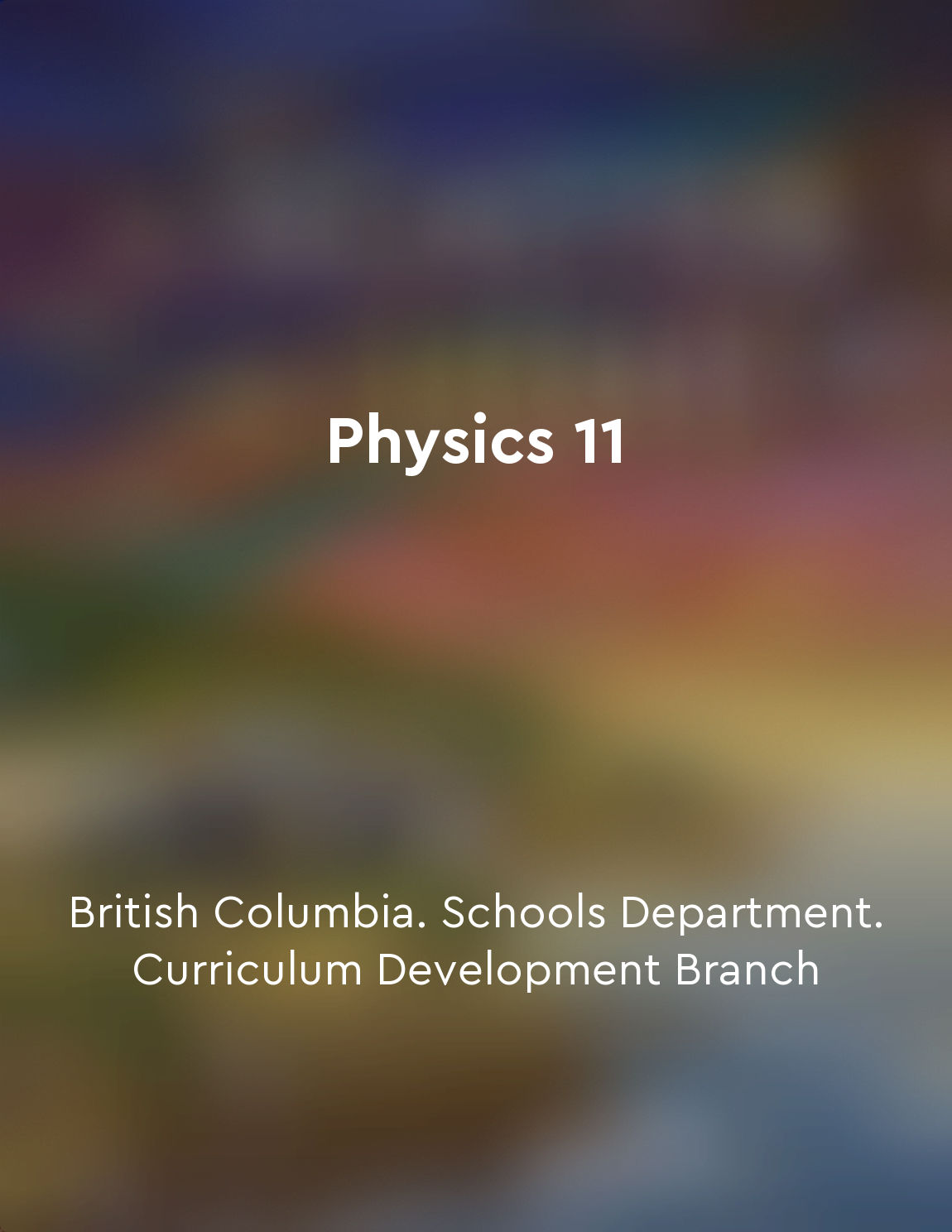Ice ages have occurred from "summary" of A Short History of Nearly Everything: Special Illustrated Edition by Bill Bryson
It is a fact that ice ages have occurred. Scientists believe that over the past 2.4 billion years, the Earth has experienced at least five major ice ages. The most recent of these ice ages began about 2.4 million years ago and continues to the present day. These ice ages were not caused by a decrease in global temperatures, but rather by a complex interplay of factors including the Earth's orbit, the tilt of its axis, and changes in the amount of solar radiation it receives. During an ice age, large portions of the Earth's surface are covered in ice sheets and glaciers, causing sea levels to drop and drastically altering the landscape. The most recent ice age, known as the Pleistocene Epoch, was characterized by a series of glacial advances and retreats, with ice sheets covering much of North America, Europe, and Asia at their peak. One of the key pieces of evidence for the occurrence of ice ages is the presence of glacial deposits in regions that are now far too warm for glaciers to exist. These deposits, known as glacial erratics, consist of rocks and sediment that were transported by glaciers and left behind as the ice melted. By studying these deposits, scientists can reconstruct the extent and timing of past ice ages. The causes of ice ages are still not completely understood, but scientists have identified several key factors that contribute to their onset. Changes in the Earth's orbit and tilt can lead to variations in the amount of solar radiation received by different regions, affecting the distribution of ice and snow. Additionally, fluctuations in atmospheric carbon dioxide levels and other greenhouse gases can influence global temperatures and play a role in triggering ice ages. While ice ages are a natural and recurring phenomenon in Earth's history, the current rate of global warming is unprecedented and is likely to have profound effects on our planet's climate. By studying past ice ages, scientists can gain valuable insights into the complex mechanisms that drive climate change and help us better understand the challenges we face in the future.Similar Posts
The Amazon rainforest rebounds
In a world without humans, the Amazon rainforest would undergo a remarkable transformation. Freed from the pressures of defores...
The Earth's climate is determined by a complex set of factors, including greenhouse gases, ocean currents, and solar radiation
The Earth's climate is a product of a multitude of interacting factors. Greenhouse gases in the atmosphere, such as carbon diox...
Technology should be used in a way that does not harm the environment
It is essential to recognize that our modern society is heavily dependent on technology to meet our daily needs and wants. Whil...
Earth's interior influences surface features
The features of the Earth's surface are not fixed and unchanging, but are constantly being shaped and altered by processes occu...
Rock layers provide clues to Earth's history
The study of rock layers is crucial in understanding the history of Earth. By examining the different strata of rocks, geologis...

Energy can be transferred and transformed
The concept that energy can be transferred and transformed is a fundamental principle in physics. Energy is not created or dest...
